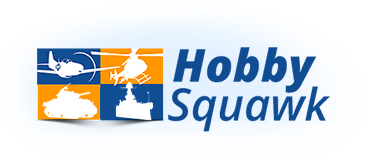Turbine ive seen only few fpv pilots. And i always simply saw an aircraft flying with a pilot looking straibht ahead,,, looked confusing... i did not get it... until one day i had watched a bit and he said do u wana try just taxiing around.. like a rat up a dranepipe,, i said yep... needless to say,, now i get it... rifelman with his f14 also does great job ..as have u great job and a new perspective... looks complicated and more money for an almost old(lol) bloke like me...













Comment